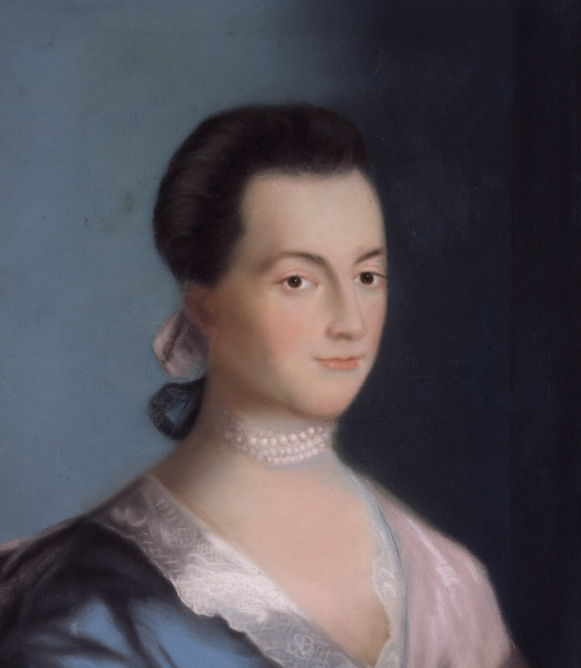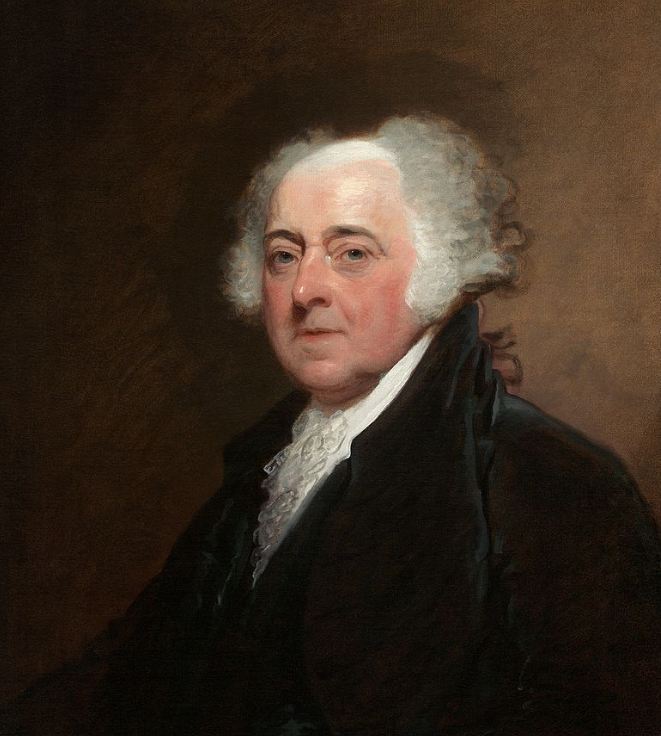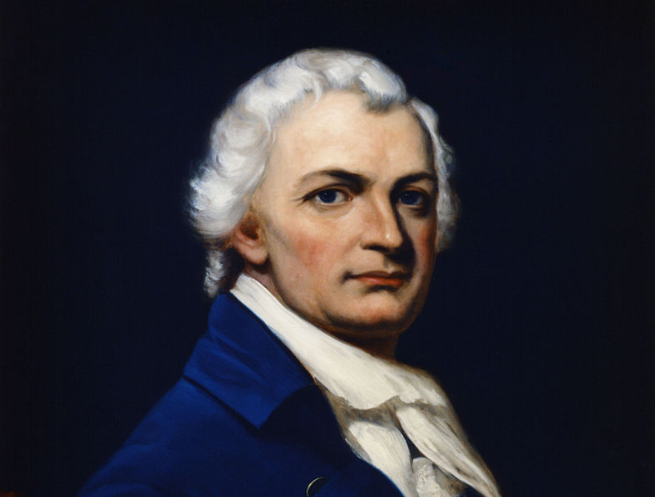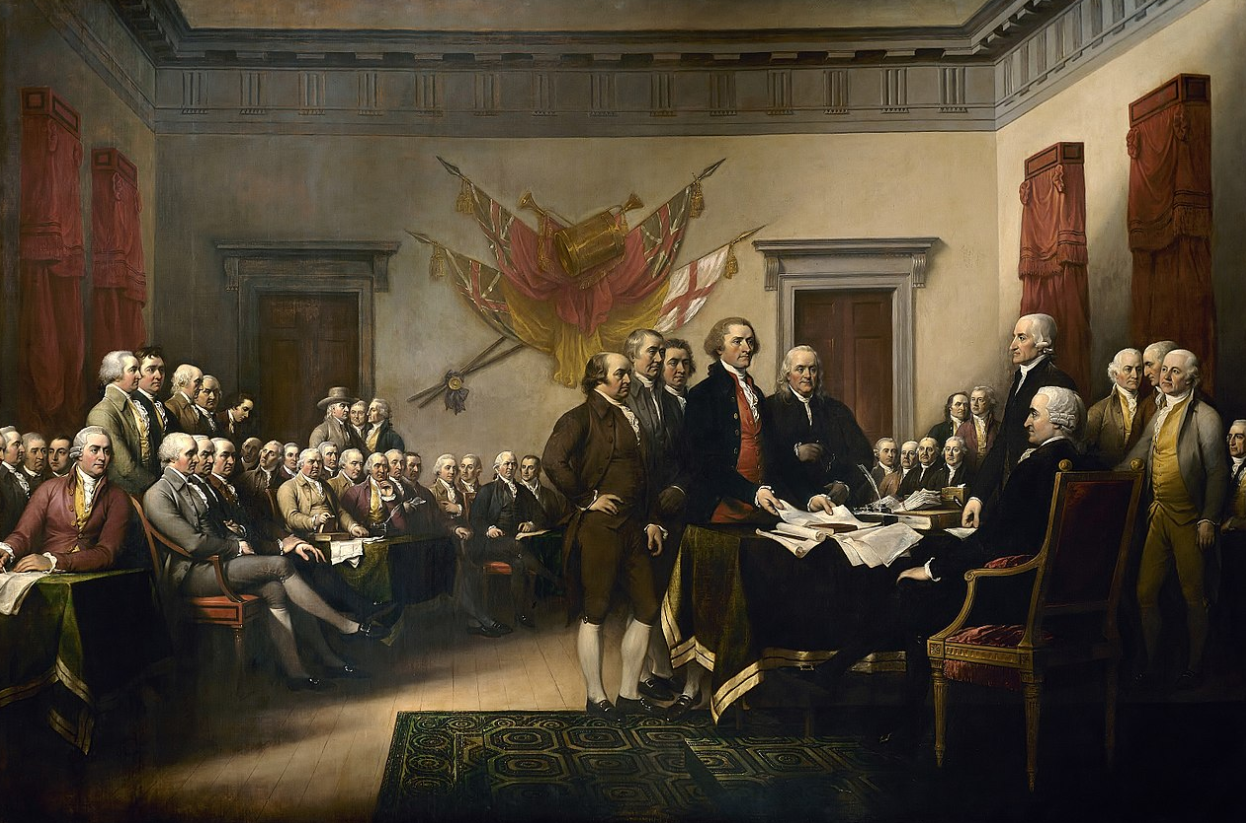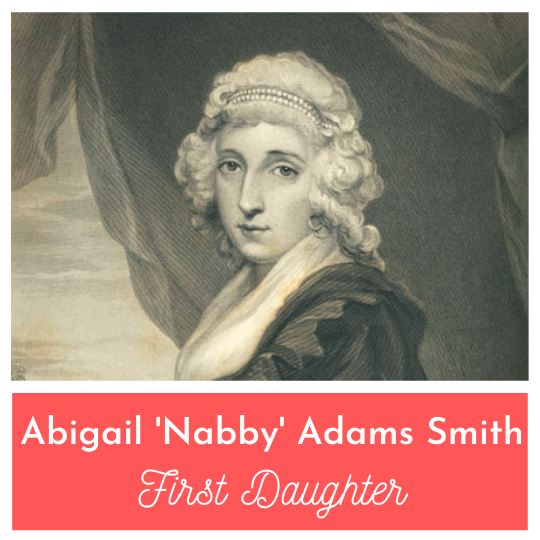Remembering the Lady - Abigail Adams' Most Famous Letter
For some reason, I find Abigail Adams extremely difficult to write about.
Often, when writing about Founding Mothers, I simply tell a fascinating story about them and make sure I am not implying that they were ‘simply someone’s wife.’
Abigail, on the other hand, had such an important role in the American Revolution it is difficult to consolidate into one simple article.
Today, I am making an assumption. I assume that, if you are reading this, you know who Abigail Adams was and have a general idea of her life. Making this assumption, I can skip right to an interesting story and remember the lady who wanted the men to ‘remember the ladies.’
Remember the Ladies
Remember the Ladies.
This is perhaps the most famous line written by a woman during the American Revolution.
But there is a lot more that can be drawn from this letter than one quick catchphrase.
If we dive deeper into this particular letter we can learn a tremendous amount about the colonial life, revolutionary politics and, most importantly, the one woman who had the greatest influence on the American Founding...Abigail Adams.
Abigail Adams
Abigail Adams was no ordinary woman.
Although she did the things expected of an upper-middle class Massachusetts women, such as educating the children and managing the farm, she also had an extraordinary intellect.
Abigail spoke plainly with her husband, John, and this included politics.
Additionally, investments she made while John was away creating the United States led to their wealthy retirement years later.
After Evacuation
On March 31, 1776, Abigail Adams wrote to her husband John who was away at the Second Continental Congress.
This is just two weeks after the British evacuated Boston and the Continental Army took the city back.
Therefore, Abigail begins the correspondence discussing the status of the Massachusetts capital.
This is highly unusual talk for a lady of the time, but John and Abigail had a highly unusual (even modern) relationship.
The Condition of Boston
Adams states that Boston had been left in surprisingly good order by the British.
She also criticizes the behavior of Virginia men, though makes it a point to note the colony deserves “great merit for having produced a Washington.”
She also informs her husband that John Hancock’s house was left in good shape.
The Relief
Abigail then reflects on the general feeling of relief purveying Massachusetts, saying, “I think the Sun looks brighter, the Birds sing more melodiously, and Nature puts on a more chearfull countanance.”
Like many citizens, Adams feared that growing food on the farm might be for naught, as soldiers could arrive at any time and confiscate their produce.
That fear was now relieved.
Politics
Suddenly, Abigail turns to politics.
What followed was kept private between her and her husband until decades later when their correspondence was published.
It is, in fact, one of the most eloquently written statements about the importance of women in a free society that has ever been laid to paper and, though I do not usually like to put extended quotes in these articles, I feel that would be the only way to do it justice.
“I long to hear that you have declared an independancy,” she begins, continuing:
“and by the way in the new Code of Laws which I suppose it will be necessary for you to make I desire you would Remember the Ladies, and be more generous and favourable to them than your ancestors. Do not put such unlimited power into the hands of the Husbands. Remember all Men would be tyrants if they could. If perticuliar care and attention is not paid to the Laidies we are determined to foment a Rebelion, and will not hold ourselves bound by any Laws in which we have no voice, or Representation.
That your Sex are Naturally Tyrannical is a Truth so thoroughly established as to admit of no dispute, but such of you as wish to be happy willingly give up the harsh title of Master for the more tender and endearing one of Friend. Why then, not put it out of the power of the vicious and the Lawless to use us with cruelty and indignity with impunity. Men of Sense in all Ages abhor those customs which treat us only as the vassals of your Sex. Regard us then as Beings placed by providence under your protection and in immitation of the Supreem Being make use of that power only for our happiness.”
Stunning.
And what makes this quote so much more interesting is that it did not fall on deaf ears.
It fell on John Adams ears.
Though sweeping changes were not made immediately, it is important for us to realize that these were the conversations had with one of the most important American Revolutionaries.
Our Own Little Flock
Abigail did not send this letter right away.
There is a post-script, dated six days later, which discusses how busy she had been taking care of the neighbors.
Two young boys had just died and several more people were ill. This was just a fact of colonial life.
“Our own little flock are yet well,” she said.
“My Heart trembles with anxiety for them.”
If you enjoyed this article, you might like these others which involve other Founding Ladies:
Esther Reed and the Ladies Association
Elizabeth Lewis Stands Confidently Against the British
Deborah Sampson Drags Herself to War
Abigail Adams has several biographies.
‘Witness to a Revolution’ does a great job encountering her unique perspective.
If you’d like a copy you can get one through the Amazon affiliate link below (you’ll support this site, but don’t worry, Amazon pays me while your price stays the same).
Want to get fun American Revolution articles straight to your inbox every morning?
Subscribe to my email list here.
You can also support this site on Patreon by clicking here.
Thanks for your support!
